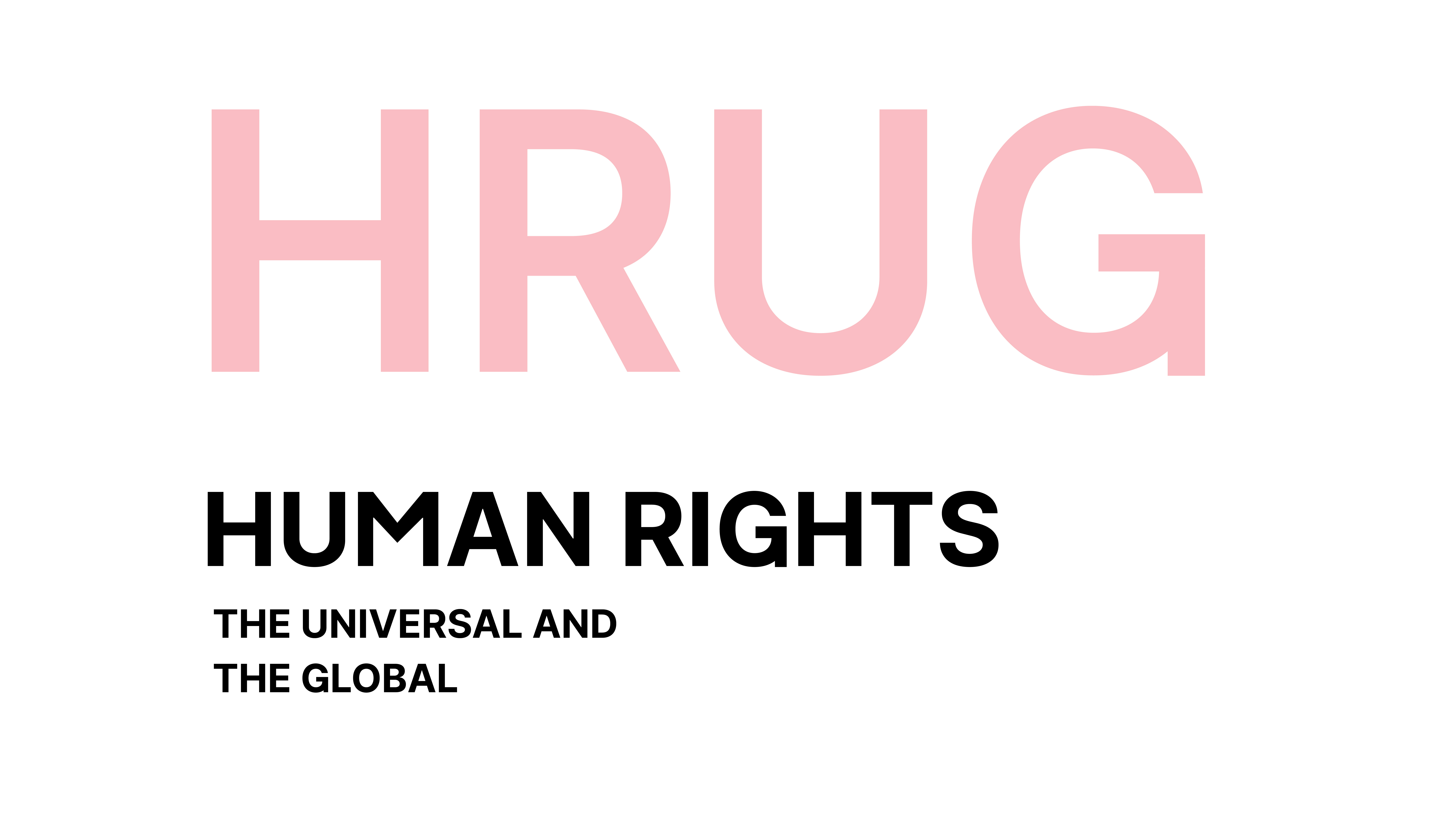23rd of Mai Germany celebrated the 75th anniversary of the constitution – that is what they say. It is interesting how casually data is handled. In fact, the Basic Law had been originally seen as temporary – and as such agreed upon; only layer, after the former GDR had been taken over, had been taken over, the basic law had been elevated, then being a constitution (see below).
Much can be said about it – including the reminder of the words of Max Reimann in the German Parliament. As member of the then KPD (Communist Party of Germany) he argued on the occasion of the adoption of the Basic Law:
“We will not sign it. But the day will come when we communists will defend this constitution against those who have adopted it!”
In the speech given by the president of the Republic, Steinmeier said during the festive ceremony, celebrating the “75th anniversary
e look back with admiration and gratitude on the work of the mothers and fathers of the Basic Law. What they set in motion 75 years ago is a great gift.
(https://www.bundespraesident.de/SharedDocs/Reden/DE/Frank-Walter-Steinmeier/Reden/2024/05/240523-Staatsakt-75-Jahre-Grundgesetz.html#:~:text=Bundespräsident%20Frank%2DWalter%20Steinmeier%20hat,zusammen%2C%20weil%20wir%20zusammengehören!%22; translation)
- Gifts are free – so it may come immediately to mind, that many of these mothers and fathers receive so little support after working throughout their life that they must distribute newspapers and advertisement brochures to be able to pay for rent and groceries. That is what happens with free gifts and ignoring the need to talk about rights-based approaches
- It is also worthwhile to mention that 23.9 % of the children are in danger of poverty or social exclusion
around 2.2 million children whose mental and physical well-being is at risk (STATISTA newsletter; 23.5.2024) - Just after the former FRG took over the former GDR, large trunks of accommodation had been privatised and in consequence accommodation became more expensive; the condition of the flats deteriorated in many cases – often part of a strategy aimed at clearing them out, only to put them back on the market renovated at even higher rents.
- Not only that the extreme right, even fascists, gained influence but also some backing in the police and military forces – though this support had not been “official”, it had often been tolerated by officials (see e.g. https://netzpolitik.org/2021/rechte-und-rassistische-umtriebe-bei-der-polizei-lauter-einzelfaelle/; https://www.welt.de/politik/deutschland/plus251653696/Sachsen-Rechtsextreme-Jugend-Schoenen-guten-Tag-gruesst-er-Heil-Hitler-antwortet-der-Freund.html)
More on the general level, there are also good reasons to speak – as Herrmann does – of a constitutional state without constitution (Peter Herrmann: Pandemics as Matter of a System Crisis Precarity of Society; Springer). There we read:
The underlying thesis of this contribution is that we are dealing with a constitutional state without a constitution — at least up to the so-called unification this is without any doubt true although too often not recognised. We find the official statement, clearly marking the conscious and intended delay of a constitution for the state of West Germany. The background of this decision is going back to the original intention, clearly stated in the Basic Law of the zones occupied by the Allied Western powers: from the Western perspective, two states of German nation had only been accepted for a transition period, and the GDR had not been officially acknowledged as independent, sovereign state.
Much could be said about the basic law then established as constitution – legal details that are interesting though they do not need to be elaborated here again. Leaving these details aside, it deserves special attention that the same German state, after expanding under the heading “unification” to the east, does not hesitate to claim to play again the role of a little “cowboy”, joining the US as small brother and fulfilment assistant.
In this context it is interesting to learn about dependencies and see Henry Farrell and Abraham Newman (Underground Empire. How America Weaponized the World Economy; Allen Lane, 2023) suggesting that the loss of US-support would be seen as more serious threat than Russian war.
